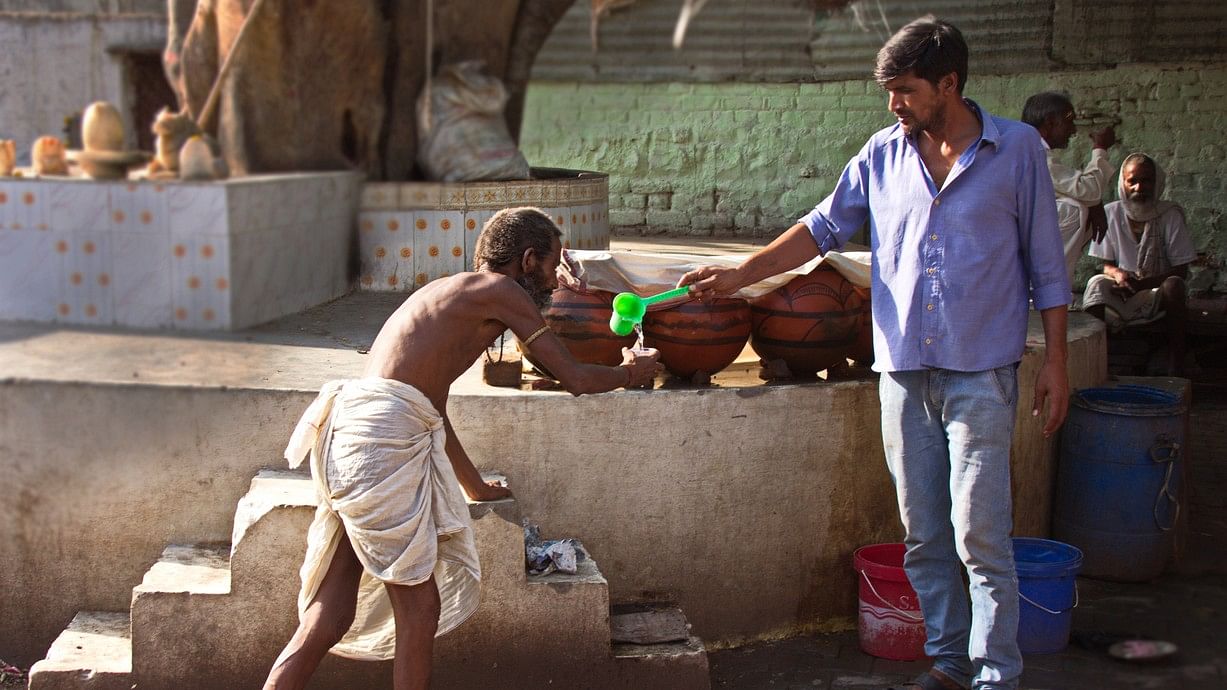
Representative image of caste discrimination.
Credit: iStock Photo
The Constitution of India, adopted in 1950, abolished the practice of untouchability and provided for affirmative action to uplift the Dalits, discriminated against for centuries by the so-called upper castes. The dehumanising practice of social exclusion is still prevalent across the country, and also in Karnataka, which prides itself on being a progressive state. The Legislature Committee on the Welfare of Scheduled Castes and Scheduled Tribes (SC/ST), headed by Congress MLA PM Narendraswamy, has flagged the problem in its interim report: “Even to this day, in several places, the practice of untouchability has not been eradicated completely.” While the committee has not elaborated on why it came to this conclusion, he has said the problem will be explained in detail in the final report.
The finding does not come as a surprise because Karnataka has kept the pernicious practice of untouchability alive. So prevalent is this practice, especially in rural areas, that the previous BJP government led by Basavaraj Bommai had to launch a special awareness programme at the gram panchayat level. The scheme, Vinaya Samarasya Yojana, was named after Vinaya, a three-year-old Dalit from Koppal district, whose family was fined Rs 25,000 because he had entered a temple. Ironically, upper caste leaders ostracised the family, forcing it to abandon its house and land and leave the village. Kota Srinivasa Poojary, then social welfare minister, had informed the Assembly that crimes against the SC/ST community were common in the state, but the conviction rate was only 7%. In October 2022, hundreds of Dalits in Shorapur taluk of Yadgiri district converted to Buddhism in protest against inequalities and the untouchable tag they had to bear. Dealing with a case where a Dalit family was prevented from entering a temple, the Karnataka High Court observed in October this year, “It is rather unfortunate that despite the Constitutional abolition of any form of untouchability, it still remains and persists in rural areas. The fact that it is still prevailing shocks the conscience of the court.”
The prevalence of untouchability even seven decades after it was abolished is a blot on the fair name of Karnataka. The government should come down heavily on any form of ostracism and ensure that the guilty are dealt with with a heavy hand. Untouchability, the evil practice of discriminating against people on the basis of their caste, has no place in civil society.